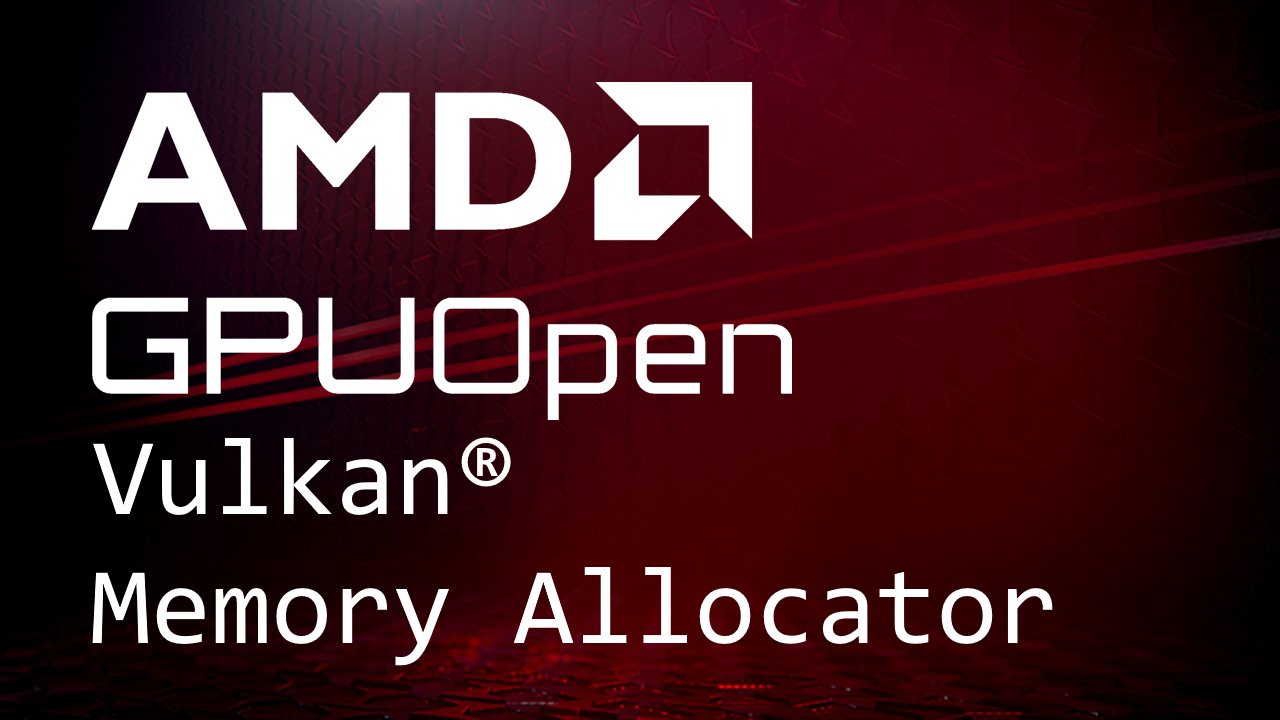
Vulkan® Memory Allocator
VMA is our single-header, MIT-licensed, C++ library for easily and efficiently managing memory allocation for your Vulkan® games and applications.
Our latest Radeon Software Adrenalin Edition driver – 19.11.1 – was released on 4th November 2019. It comes packed with several useful Vulkan® extensions you may be interested in.
Here’s a brief overview:
VK_AMD_shader_info , then you’ll be familiar with the functionality – the main difference is that this extension can expose more, and it also works across vendors.You can download the 19.11.1 driver here.